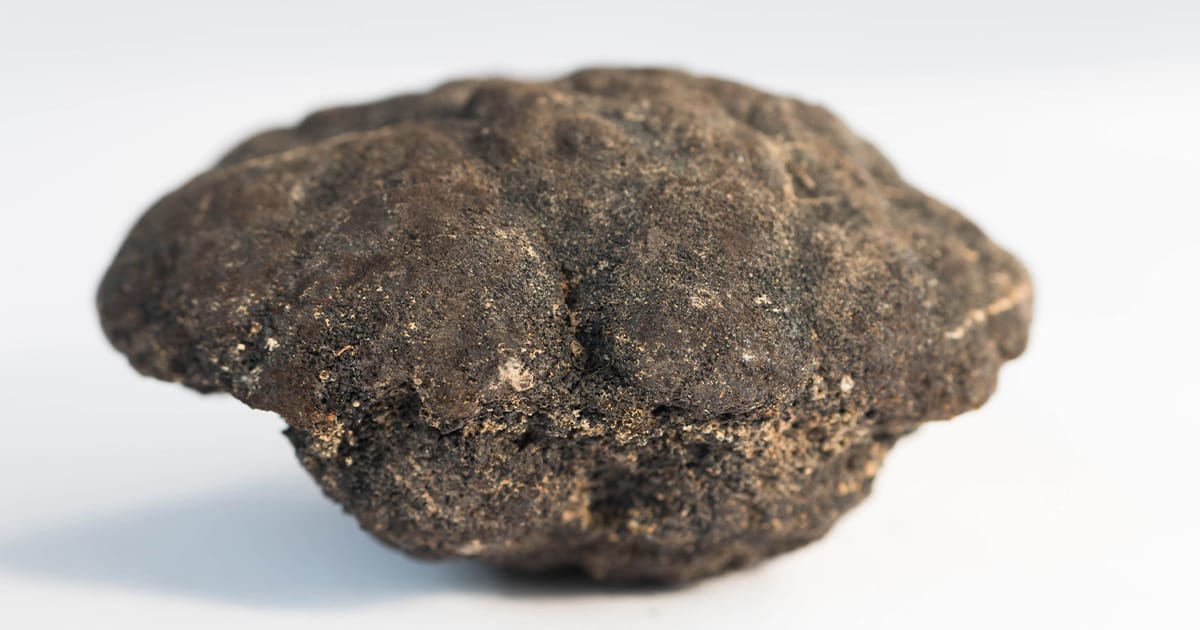 In their letter to US Secretary of Defense Lloyd Austin, dated December 7, 2023, Members of Congress—including Representatives Robert Wittman (R-VA) and Elise Stefanik (R-NY)—highlight the strategic importance of polymetallic nodules, particularly in light of China’s accelerating investment in the seafloor mineral space. They also asked for further clarification on the national security implications of deep-sea mining and the degree to which the Pentagon had assessed under the Defense Production Act, how “to increase domestic processing capacity for deep-sea polymetallic nodules no later than 2025.”
In their letter to US Secretary of Defense Lloyd Austin, dated December 7, 2023, Members of Congress—including Representatives Robert Wittman (R-VA) and Elise Stefanik (R-NY)—highlight the strategic importance of polymetallic nodules, particularly in light of China’s accelerating investment in the seafloor mineral space. They also asked for further clarification on the national security implications of deep-sea mining and the degree to which the Pentagon had assessed under the Defense Production Act, how “to increase domestic processing capacity for deep-sea polymetallic nodules no later than 2025.”
TMC Chairman and CEO Gerard Barron said, “The strong stance taken by Congressman Wittman and his colleagues marks a significant shift in the recognition of the potential of deep-sea polymetallic nodules as a key resource for America’s national security and economic prosperity. Their call for action reflects an understanding of the urgent need for secure mineral supply chains, which is crucial for the West to gain a competitive edge in the energy transition.”
In November, a bipartisan coalition led by Senator Lisa Murkowski (R-AK) re-introduced a resolution calling on the US Senate to ratify the UN Convention on the Law of the Sea (UNCLOS) and arguing that “the longer we sit out, the longer the rest of the world will continue to set the agenda of maritime domain, from seabed mining to critical subsea infrastructure.” That same month, five Members of the US House of Representatives from Texas urged the Department of Defense to support the use of federal resources under the Defense Production Act towards TMC’s feasibility study for nodule processing along the Texas Gulf Coast. In a letter to the Assistant Secretary of Defense for Industrial Base Policy, Laura D. Taylor-Kale, the Members wrote: “The applicant seems to have the ability to produce battery-grade materials at commercial facilities in North America at pilot scale. The scope of the submission focuses solely on US processing and appears to offer the Department of Defense the opportunity to re-shore critical mineral supply lines.”
Over recent years, TMC has welcomed letters from Congressional Leaders including the House Armed Services Committee as well as former Military leaders urging the Biden Administration to assess domestic processing of seafloor polymetallic nodules as a means to secure key energy transition metals and “close national security vulnerabilities.” In March last year, Mr. Barron wrote to the Senate Energy and Natural Resources Committee, in which he noted, “Support from the US Government for the development of the polymetallic nodules resource and TMC’s first project, NORI-D, would unlock access to the resource without overcoming legislative hurdles to ratify the United Nations Convention on the Law of the Sea.”
